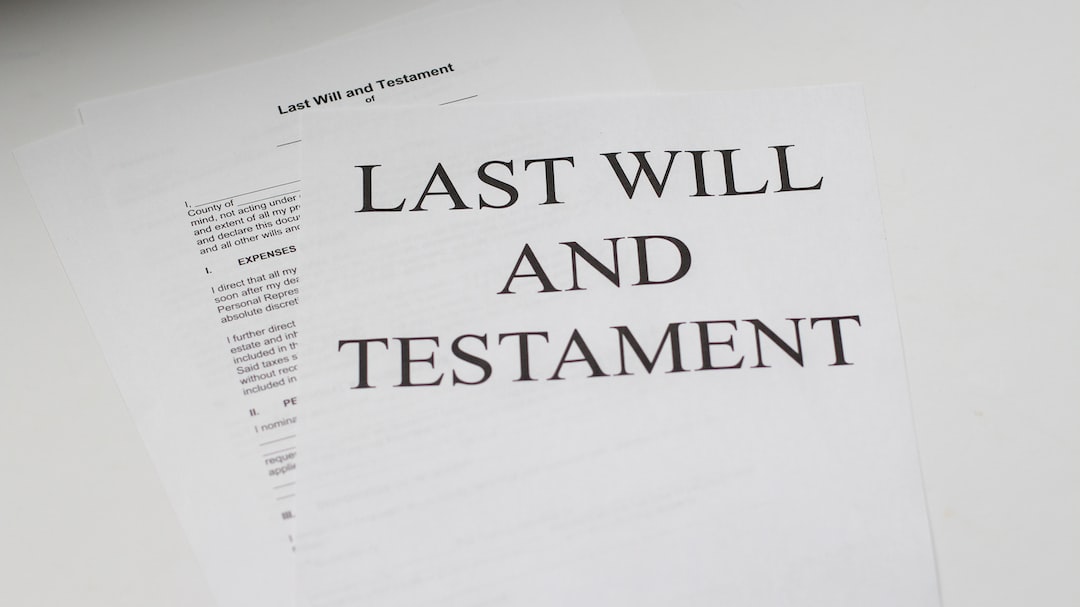In this digital age, where information is easily accessible and shareable with just a few clicks, the issue of copyright infringement has become more complex than ever before. With platforms like social media, streaming services, and torrent websites, it has become increasingly effortless to copy and distribute copyrighted material without proper authorization. As such, exploring the legal aspects of copyright infringement in this digital era is crucial to understanding the implications and consequences of this act.
Copyright infringement refers to the unauthorized use, reproduction, distribution, or display of copyrighted material. Whether it is music, movies, books, photographs, or software, creators have exclusive rights to their work, and copyright laws are in place to protect these rights. However, with the rise of the internet and the ease of sharing content, copyright infringement has become a prevalent issue worldwide.
One of the primary challenges with copyright infringement in the digital age is the difficulty in tracking and identifying copyright violators. With millions of internet users sharing and distributing content, it becomes intricate to pinpoint the individuals responsible for the infringement. Internet service providers (ISPs) have a responsibility to monitor and report copyright infringements, leading to potential legal action against the alleged infringers.
Another legal aspect to consider in copyright infringement cases is fair use. Fair use allows individuals to use copyrighted material without permission from the copyright holder, under certain circumstances such as criticism, commentary, news reporting, teaching, or research. Understanding the boundaries of fair use can be complicated, as it often involves subjective interpretations and considerations of factors like the purpose, nature, amount, and effect of the use. Copyright holders may sue for infringement if they believe their work has been used inappropriately, leading to a legal battle that often requires legal expertise to navigate.
Additionally, the Digital Millennium Copyright Act (DMCA) enacted in the United States has provided guidelines and procedures for copyright holders to send takedown notices to websites that host infringing content. If a website complies with a valid takedown notice, they are protected from legal liability. However, this legislation has faced criticism for its potential abuse and limitations, as the process often favors copyright holders and can result in legitimate content being wrongfully removed.
Ultimately, exploring the legal aspects of copyright infringement in the digital age is crucial in order to strike a balance between protecting the rights of creators and allowing for the free flow of information and creativity. Strengthening copyright laws, updating regulations to adapt to the evolving landscape, and educating users about the implications of copyright infringement are just a few steps that can be taken to address this issue.
In conclusion, copyright infringement has become a significant concern in the digital age. The ease of accessing and sharing copyrighted material has made it imperative to delve into the legal aspects surrounding this issue. Understanding fair use, the challenges in tracking infringers, and the effectiveness of legislation like the DMCA are essential for both creators and users of copyrighted material. It is necessary to strike a balance between protecting intellectual property and promoting innovation and creativity in this ever-evolving digital world.

